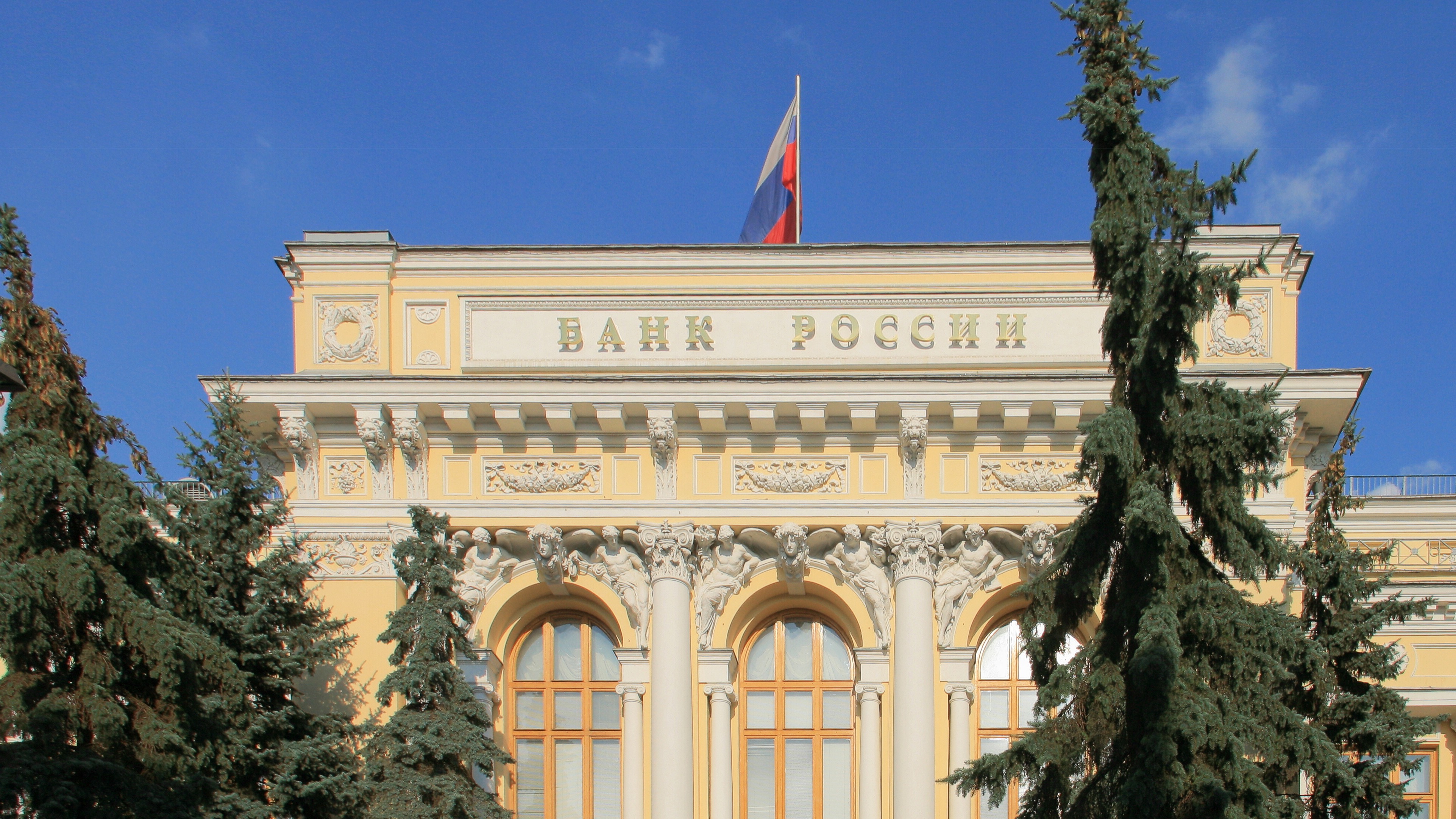The governor of Russia’s Central Bank has called on the country to be reintegrated with the global financial system despite facing stiff Western sanctions over its ongoing illegal invasion of neighbouring Ukraine.
Speaking at Russia's flagship annual economic forum in St Petersburg, Elvira Nabiullina emphasised the need for Russia to integrate into the global economy with countries willing to cooperate, despite Western sanctions.
The event, once attended by top Western bankers and executives, now primarily attracts participants from Russia-friendly nations, with the presidents of Bolivia and Zimbabwe set to appear alongside Russian president Vladimir Putin.
Nabiullina highlighted the importance of establishing an independent system for settlements and payments, as well as interconnected deposit systems, mutual recognition of ratings, audit reports, and insurance policies. She acknowledged the challenges posed by Western sanctions, which have deprived Russia of access to the global financial system, particularly in terms of international settlements as the country seeks to establish new trading routes.
Finance minister Anton Siluanov spoke of ensuring Russia's financial sovereignty, while Economy minister Maxim Reshetnikov identified investment support, sovereign technology development, and resolving labour market issues as the three main tasks facing the country from a financial standpoint.
Foreign investment in Russia has dropped by around 40 per cent to $696 billion, with a significant portion coming from Russian firms incorporated in Cyprus and the Netherlands.
Maxim Oreshkin, deputy head of the presidential administration, has stressed the importance of modernising Russia's armed forces over the next six years, stating that a successful economy relies on a successful army.
As Russia navigates the challenges posed by Western sanctions, it seeks to strengthen its economic and financial independence while fostering cooperation with friendly nations.
Latest News
-
Gemini to cut quarter of workforce and exit UK, EU and Australia as crypto slump forces retrenchment
-
Bank ABC’s mobile-only ila bank migrates to core banking platform
-
Visa launches platform to accelerate small business growth in US
-
NatWest to expand Accelerator programme to 50,000 members in 2026
-
BBVA joins European stablecoin coalition
-
eToro partners with Amundi to launch equity portfolio with exposure to ‘megatrends’
Creating value together: Strategic partnerships in the age of GCCs
As Global Capability Centres reshape the financial services landscape, one question stands out: how do leading banks balance in-house innovation with strategic partnerships to drive real transformation?
Data trust in the AI era: Building customer confidence through responsible banking
In the second episode of FStech’s three-part video podcast series sponsored by HCLTech, Sudip Lahiri, Executive Vice President & Head of Financial Services for Europe & UKI at HCLTech examines the critical relationship between data trust, transparency, and responsible AI implementation in financial services.
Banking's GenAI evolution: Beyond the hype, building the future
In the first episode of a three-part video podcast series sponsored by HCLTech, Sudip Lahiri, Executive Vice President & Head of Financial Services for Europe & UKI at HCLTech explores how financial institutions can navigate the transformative potential of Generative AI while building lasting foundations for innovation.
Beyond compliance: Building unshakeable operational resilience in financial services
In today's rapidly evolving financial landscape, operational resilience has become a critical focus for institutions worldwide. As regulatory requirements grow more complex and cyber threats, particularly ransomware, become increasingly sophisticated, financial services providers must adapt and strengthen their defences. The intersection of compliance, technology, and security presents both challenges and opportunities.
© 2019 Perspective Publishing Privacy & Cookies













Recent Stories